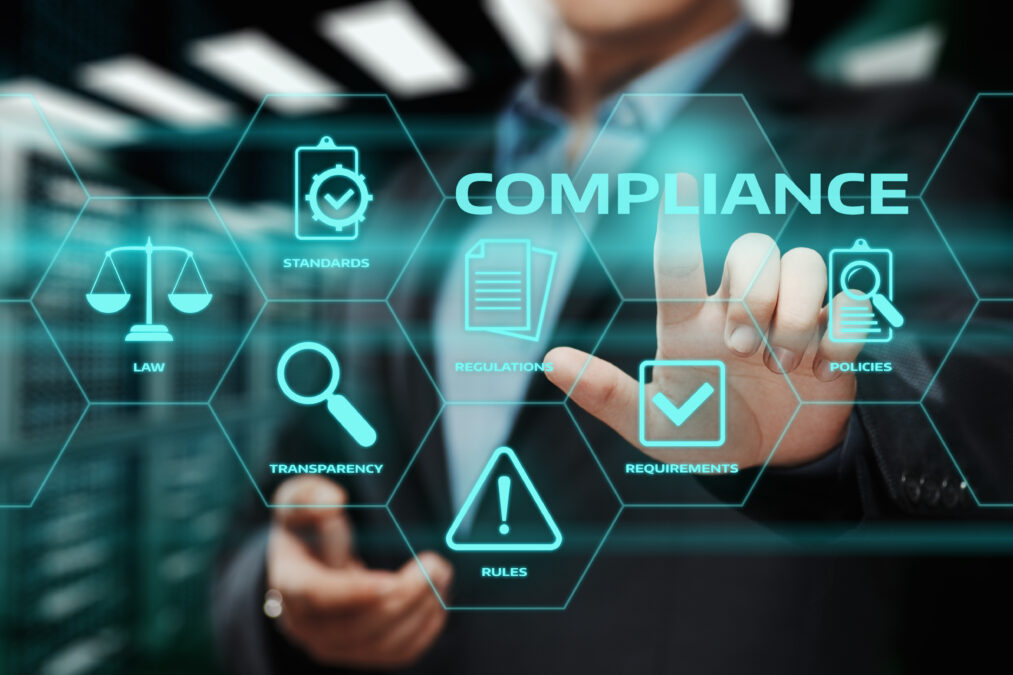
Forensic Accounting and Its Role in Law
Forensic accounting is a specialized field that merges the expertise of accounting with investigative skills to address legal and financial matters. It plays a significant role in the legal system, helping uncover financial fraud, disputes, and misconduct. This article explores the role of forensic accounting in law and how it aids legal professionals in resolving complex financial issues.
For further reading on forensic accounting and its significance in the legal field, visit www.generallaw.xyz.
What is Forensic Accounting?
Forensic accounting involves the application of accounting principles, investigative techniques, and financial expertise to solve legal issues. Forensic accountants are experts who analyze financial records and transactions to identify fraud, embezzlement, money laundering, and other financial crimes. They may also provide expert testimony in court and assist in legal disputes involving financial matters.
The term “forensic” refers to its use in legal matters. Forensic accountants often work alongside lawyers, law enforcement, and other legal professionals to investigate financial crimes and resolve disputes. Their work may involve examining financial documents, tracing funds, and using data analytics to identify suspicious activity.
The Role of Forensic Accounting in Legal Cases
Forensic accounting plays an important role in various legal cases, from criminal investigations to civil lawsuits. Here are some key areas where forensic accounting is essential:
1. Fraud Detection and Prevention
One of the primary roles of forensic accountants is to detect and prevent fraud. Fraud can take many forms, such as financial statement fraud, embezzlement, and insider trading. Forensic accountants use specialized techniques to identify unusual transactions, irregularities in financial records, and other signs of fraudulent activity.
In cases of fraud, forensic accountants may trace the movement of funds, examine accounting records, and conduct interviews to gather evidence. This evidence can then be used in legal proceedings to build a case against the perpetrators of the crime.
2. Litigation Support
Forensic accountants also play a vital role in providing litigation support. This can include assisting with the valuation of assets in divorce cases, analyzing financial data in business disputes, and providing expert testimony in court. In divorce cases, for example, forensic accountants may evaluate the value of businesses, real estate, and investments that are part of the marital estate.
Their work ensures that all assets are accurately accounted for, and any hidden financial information is uncovered. This is especially important in high-net-worth divorce cases, where one party may attempt to hide assets or income to avoid a fair division of property.
3. Criminal Investigations
Forensic accountants are often called upon to assist law enforcement agencies in criminal investigations, particularly those involving financial crimes. In cases such as money laundering, securities fraud, or corporate fraud, forensic accountants analyze financial records to trace the flow of illegal funds and identify the individuals involved.
Their expertise is crucial in uncovering complex financial schemes that may not be immediately apparent in traditional investigative methods. By providing a clear understanding of the financial transactions, forensic accountants can help prosecutors build a strong case against the criminals involved.
4. Expert Testimony in Court
Another important role of forensic accountants is providing expert testimony in court. They are often called to testify in cases where financial matters are disputed or where financial fraud is suspected. In court, forensic accountants present their findings in a clear and understandable manner, explaining complex financial concepts to judges and juries.
Their testimony can be a key factor in influencing the outcome of legal cases, especially in cases involving financial fraud or asset misappropriation. In many instances, the credibility and expertise of the forensic accountant can be a decisive factor in the success of a case.
How Forensic Accounting Benefits Legal Professionals
Forensic accounting provides essential support to legal professionals, helping them navigate complex financial issues and ensuring that financial evidence is properly handled and analyzed. Lawyers rely on forensic accountants to uncover hidden assets, trace illegal financial activity, and provide expert testimony that can strengthen their cases.
In some instances, forensic accountants also help lawyers develop strategies for resolving financial disputes, such as negotiating settlements or identifying areas of weakness in the opposing party’s financial arguments. This can be particularly useful in high-stakes business litigation, fraud investigations, or divorce proceedings.
Conclusion
Forensic accounting is a vital tool in the legal profession, providing critical financial analysis and investigative support in a variety of cases. From detecting fraud to providing expert testimony in court, forensic accountants play a crucial role in ensuring justice is served in financial disputes and criminal cases.
As financial crimes continue to grow in sophistication, the demand for forensic accountants will only increase. Their ability to uncover hidden financial details and provide insight into complex financial matters is invaluable to the legal system.







